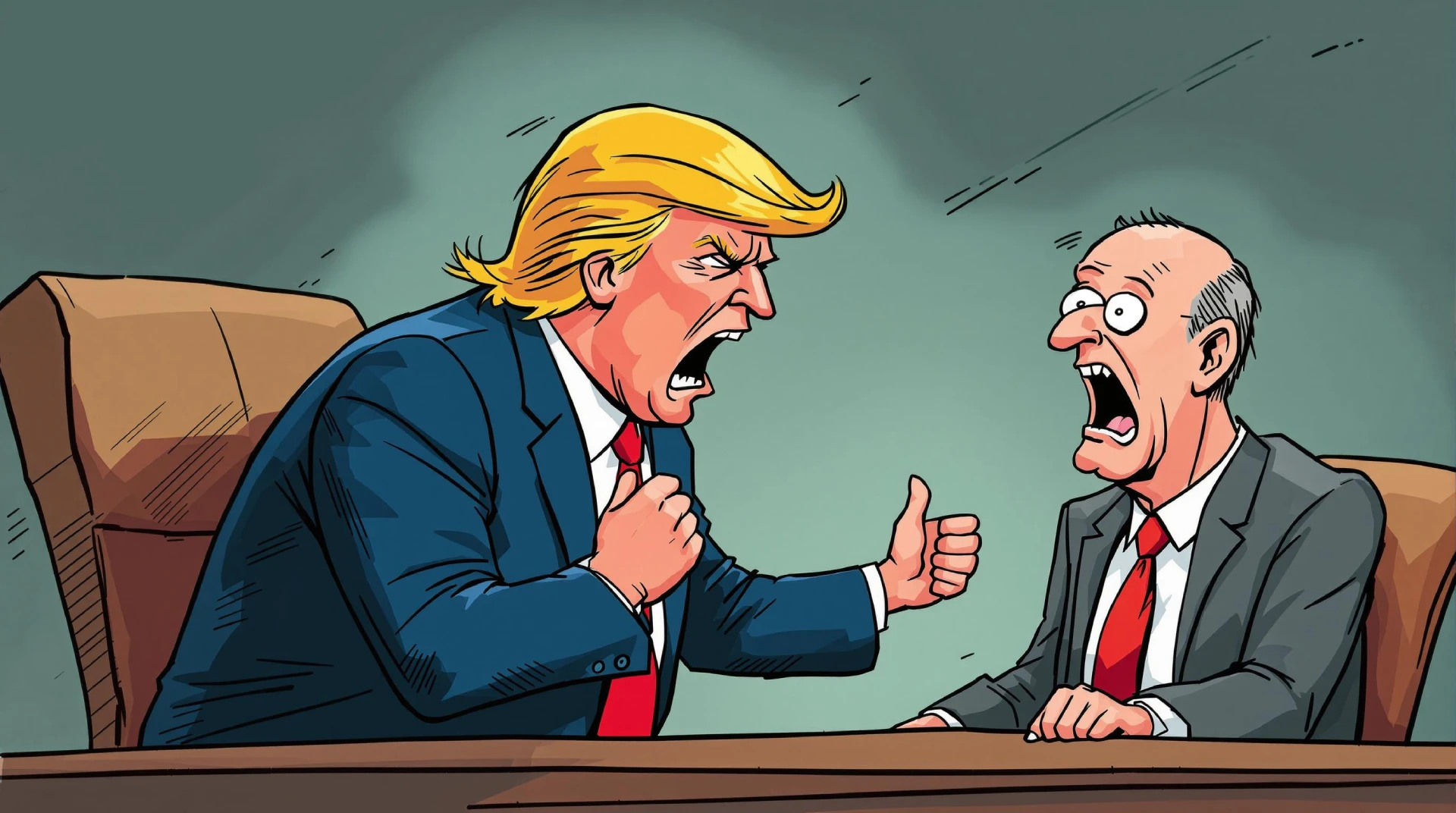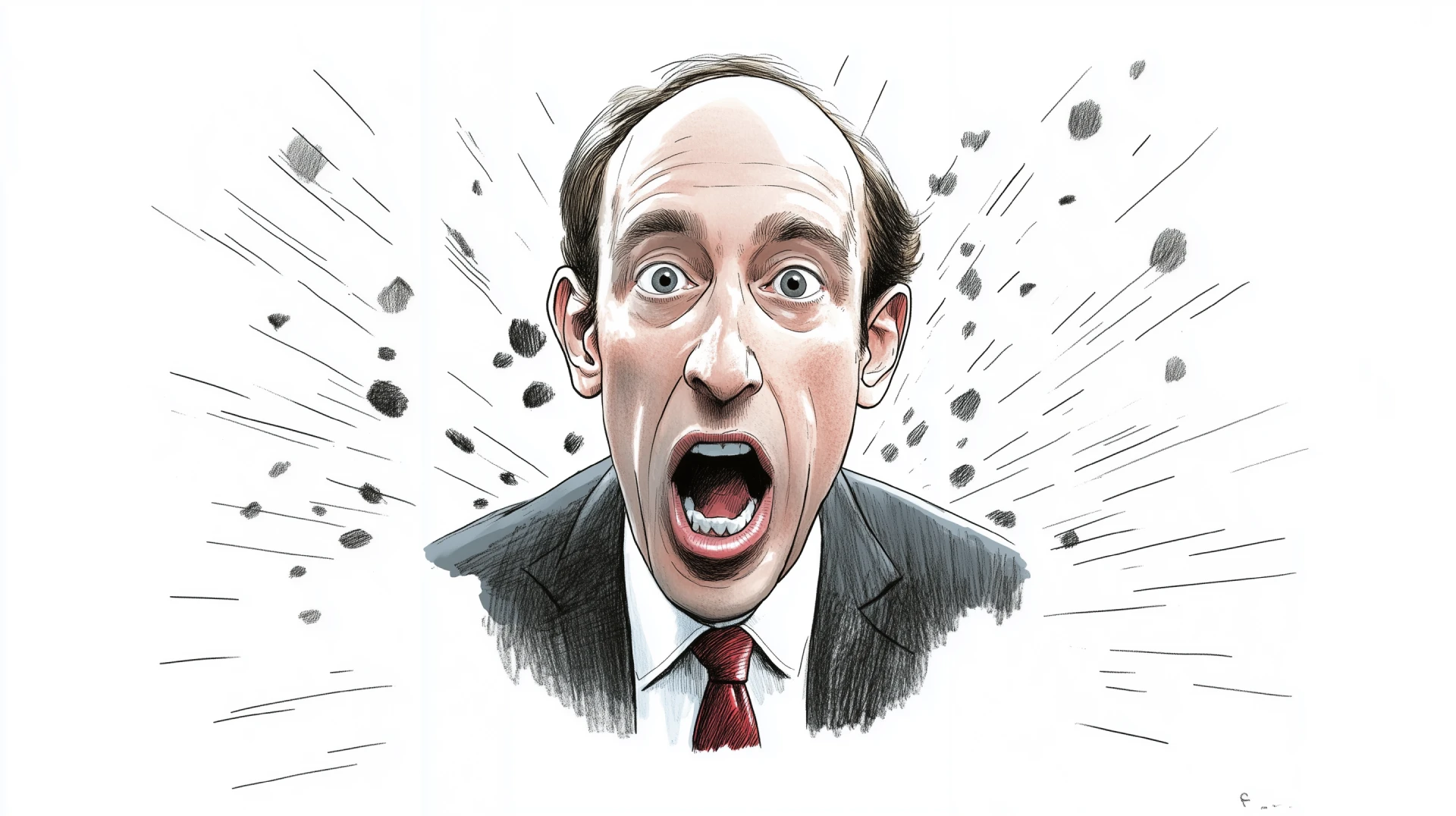Podcast Discussion: Deep Dive Into This Article.
Gary Gensler, the Chair of the U.S. Securities and Exchange Commission (SEC), has faced relentless criticism from the cryptocurrency industry throughout his tenure. With President-elect Donald Trump’s recent victory and his explicit declaration to remove Gensler, speculation about the SEC Chair’s resignation is reaching a fever pitch. Gensler’s strict regulatory approach has drawn significant backlash, particularly from the crypto sector, which sees his actions as an existential threat to innovation.
“Proud to Serve” – A Hint of What’s to Come?
In a recent address at the Practising Law Institute’s 56th Annual Institute on Securities Regulation, Gensler reflected on his role, stating, “I’ve been proud to serve with my colleagues at the SEC who, day in and day out, work to protect American families on the highways of finance.” While this may seem like a standard remark, many have interpreted it as a potential farewell. The timing of the statement, juxtaposed with Trump’s plans to overhaul the SEC’s leadership, adds weight to the speculation.

A Contentious Tenure Defined by Regulation by Enforcement
Gensler’s tenure has been marked by what critics call “regulation by enforcement.” Instead of establishing clear, forward-thinking guidelines tailored to the complexities of blockchain technology and cryptocurrencies, the SEC has relied heavily on enforcement actions to dictate the rules of engagement.
This approach has led to high-profile lawsuits against major players like Coinbase and Binance, alleging they operated without proper registration or offered unregistered securities. While Gensler defends these actions as necessary for investor protection, detractors argue they are punitive and lack the clarity businesses need to innovate responsibly.
The most notable example is the lawsuit against Ripple Labs over the XRP token, where the SEC argued that XRP was sold as an unregistered security. This case sent shockwaves through the industry, with XRP’s value plummeting and multiple exchanges delisting the token to avoid regulatory repercussions. The uncertainty also extended to other crypto projects, which feared their tokens could be retroactively classified as securities. The chilling effect of the lawsuit has left startups hesitant to issue tokens or conduct ICOs (Initial Coin Offerings), further stifling innovation in the space.
Similarly, tokens tied to projects like Algorand (ALGO), Solana (SOL), Cardano (ADA), and Polygon (MATIC) were also labeled securities in SEC filings against exchanges like Coinbase and Binance. This categorization caused market-wide selloffs and liquidity drops, with many retail investors facing heavy losses. The designation of these tokens as securities raised questions about their future listings on U.S. exchanges, further isolating the American crypto market from global innovation.
Critics argue that this aggressive enforcement approach, combined with retroactive application of securities laws, has created an environment of fear and uncertainty. Without clear guidelines on what constitutes a security, businesses find themselves unable to innovate responsibly, while investors bear the brunt of regulatory ambiguity. This heavy-handed strategy has further driven crypto projects and talent overseas, eroding the U.S.’s competitiveness in the global blockchain industry.
Operation Choke Point 2.0 and Its Fallout
The crypto industry has also accused the SEC of participating in what’s been dubbed “Operation Choke Point 2.0.” This alleged initiative involves regulators and financial institutions systematically cutting off banking access to crypto businesses, effectively suffocating their ability to operate. Gensler has denied these allegations, but the SEC’s actions, including the contentious Staff Accounting Bulletin No. 121 (SAB 121), suggest otherwise. SAB 121 requires companies holding cryptocurrencies for customers to classify these holdings as liabilities, a move widely criticized for stifling crypto custody services and pushing innovation overseas.
Trump’s Vision for a New SEC
Donald Trump’s presidency is poised to bring sweeping changes to the SEC. The President-elect has promised to appoint a new Chair who will adopt a more collaborative approach to cryptocurrency regulation, aiming to make the U.S. a global leader in blockchain innovation. This shift could include clearer guidelines, reduced reliance on enforcement actions, and a concerted effort to attract crypto talent and businesses back to the U.S.
What’s Next for Crypto and the SEC?
As the industry awaits Gensler’s next move, the potential for a regulatory reset under Trump’s administration offers a glimmer of hope for many in the crypto sector. A new SEC leadership could pave the way for much-needed clarity and foster a more supportive environment for innovation. However, it remains to be seen whether Gensler will step down voluntarily or face a forced exit as part of the incoming administration’s overhaul.
For now, Gensler’s legacy hangs in the balance—praised by some for his focus on investor protection, but criticized by many as an impediment to the growth of the digital asset ecosystem. Trump’s pledge to “fire Gary” could mark the end of an era defined by tension and the beginning of a new chapter for cryptocurrency regulation in the United States.

This article reflects the opinions of the publisher based on available information at the time of writing. It is not intended to provide financial advice, and it does not necessarily represent the views of the news site or its affiliates. Readers are encouraged to conduct further research or consult with a financial advisor before making any investment decisions.



